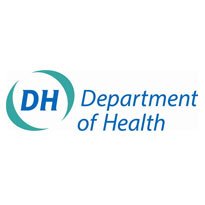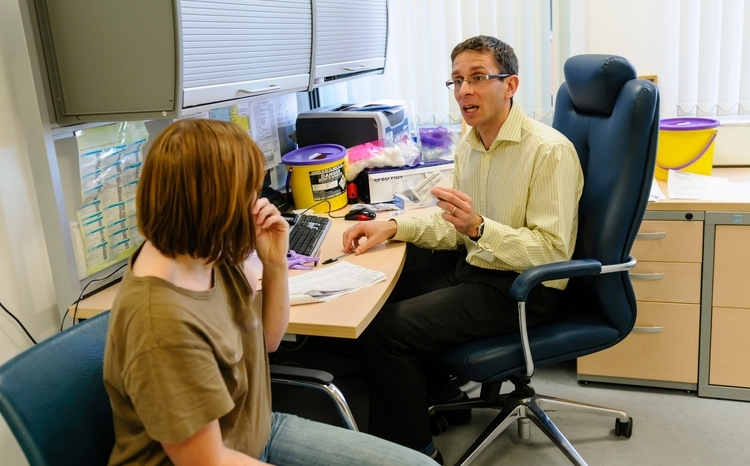All patients to be offered SCR by 2013
- 31 March 2011

The Department of Health wants every patient in England to have been offered the opportunity to have a Summary Care Record by the end of 2013.
The new target has been set by the DH as it launches a fresh push to inform patients about the SCR and encourage uptake. The DH has announced that it has restarted mailings to thousands of patients about the SCR using a simplified letter and opt-out form and that it expects every patient to have been contacted by the end of 2013.
Health minister Simon Burns said today: “Having achieved a consensus about the Summary Care Record’s potential to improve patient safety, it is important that we press on and ensure its introduction.”
Burns said the letter going out to patients was clear about the choices patients needed to make and the inclusion of an opt-out form emphasised the DH’s commitment to making it easier for patients to exercise that choice. The renewal of the information campaign follows two reviews in the SCR conducted by the DH last year.
Latest statistics on the SCR show that by 25 March 5.7m SCRs had been created and 845 GP practices had uploaded records while 30.3m patients had been written to as part of a local information campaign.
The DH said about six primary care trusts had well over 60% of patients with an SCR, most PCTs had around 10-20% of patients with SCRs while some PCTs have yet to upload any records. The current opt-out rate is 1.16%.
Some areas, such as Bristol, Cumbria and Hampshire, have created or are working on their own shared care record systems and have so far declined to take part in the SCR programme.
However Dr Charles Gutteridge, national clinical director for informatics, said he believed that in such areas local medical committees’ would “come to the conclusion that the SCR is a sensible thing to do” or patients would put pressure on practices to allow them to have an SCR.
Dr Matt Curtis, a GP in Keighley, West Yorkshire where information is shared the local community via TPP’s SystmOne, argued that there was still a need for the SCR as it provided access to information in hospitals which community-based shared care record systems might not cover.
He added: “Patients expect those treating them to have access to at least some of the information that their day to day GP does and I have seen almost universal enthusiasm for that from patients.”
The DH also argued that many patients travel around the country and the SCR could offer access to their information in an emergency situation when they were outside their local area.
Dr Peter Short, national clinical GP lead for informatics and a GP in Buxton, Derbyshire, said the last few months had seen a different relationship develop with professional bodies such as the BMA and Royal College of GPs on the SCR.
He added: “We have significantly moved forward and there is a commitment on all sides to continue that work which I believe will help us to continue to develop the SCR.”
Dr Short said he was keen to see a “critical mass” of records created and said areas which had higher uptake of the record were those reporting the most benefits.
He said: “It’s patchy across England while in Scotland they have almost universal coverage and I would have ambitions that we would very much want to do that.”
He said the focus was on rolling out the core record, covering medications, allergies and adverse reactions, but GPs and patients were already free to upload additional information if they chose.
Dr Gutteridge rejected the suggestions that the massive overhaul of the NHS could distract attention from the SCR roll-out and said programmes around informatics would continue.
He added: “We are not disinvesting from these programmes and the infrastructure around it remains. I don’t expect us to see major difficulties in implementing the programme and there is increasing interest and enthusiasm from colleagues in general practice and hospitals.”
Dr Gutteridge suggested that once PCTs were scrapped the National Commissioning Board would set out what it expected GP consortia to deliver on the SCR and consortia would then work with GPs and hospitals to do that.
Susan Hamer, director for nursing, midwifery and allied health professionals for informatics, said she and her colleagues had the task of ensuring the 500,000 nurses who work in the NHS are fully informed about the SCR and able to discuss it with patients.
She said nurses working in out-of-hours or in the community were reporting how useful the core information was for preventing errors.
She added: “It means we can avoid adding to the stress of elderly or confused patients who are asked to remember their medication when they need urgent care. A modern NHS should make sure this information is available to all those providing healthcare.”




